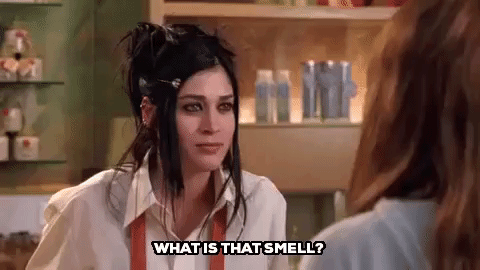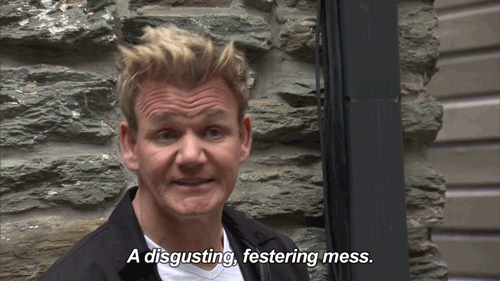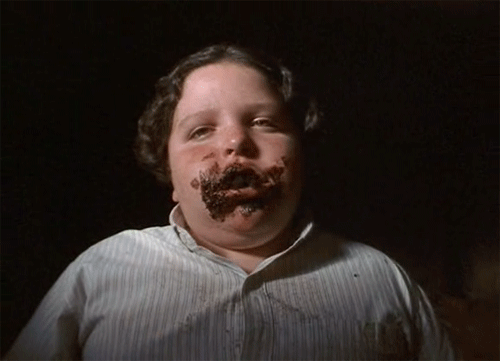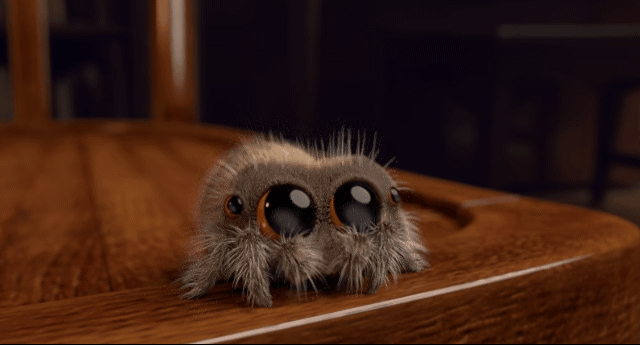Today marks the two week anniversary of our transition from city-living to, uh living-in-a-field living… Here are some things we’ve learnt so far.
Washing clothes is hard
You might think it seems simple. You have a bucket, some water, and some hand-washing detergent from Sainsbury’s. They did this in the olden days, right? Only, it doesn’t seem so simple when you can’t get all the detergent out and your white T-Shirt is tinted blue, or when you’ve scrubbed your clothes but they still smell vaguely of sweat and grass… Drying your clothes is a whole other kettle of fish: I washed a shirt a couple of nights ago that was still soaking the next morning. I ended up holding it out of the car window on our commute to work, praying that mother nature would be my tumble dryer, and it was still kind of damp when I got there…

Finding things is… also hard
How does everything get lost so quickly? It’s just one tent! Yet somehow – even when we’ve tidied – it’s a chaotic pit of shampoo bottles and plastic cutlery. Where is the hairdryer? A pen? Those earplugs you lost last week? We may never know.

Don’t. Leave. Chocolate. In. A. Hot. Tent.
Seems obvious. Let me tell you, it’s easy to forget you’ve left that bar of Lindt under the table. (Though you do then get the absolute joy of watching your friend try and lick it all off the packet).

Always put the bug net up
I can keep telling Beth but she’ll never listen and, at this point, I’m as bad as she is. Remember to put the damn bug net up or you will spend half an hour of your evening trying to chase a cricket out of the tent (it’s hard. They jump a lot).

Learn to shower with spiders
It’s not that bad, really. They just want to hang out. Side note: don’t get attached to the spiders in the bathroom and start giving them names and saying hello to them every time you go in. Some other camper will squish that spider and leave out his body in a grotesque display of power. It will break your heart.

There are many different ways to make salad
For reals. You can put salad with anything, and you’re going to want to make lots of cold evening meals to save you having to struggle with the gas cooker. (Beth chants Quiche! Quiche! Quiche! in the distance).

Ear plugs are your friend
I did not realise this was a thing, but Beth gave me a pair last week and I’m never going back. Don’t get me wrong, the campsite is beautifully peaceful and quiet — but there are noises that seem much louder when you’re trying to sleep. Sheep, for example. Cows. Birds. Nature in general gets pretty indignant when you’re trying to catch some Z’s.

Make friends with other campers: they might have dogs
Campers come and go all the time on our little site, and I would say a solid 90% of them have brought adorable doggos with them. If you want the opportunity to cuddle with someone’s cute dog, you make friends with them. Simple.

Take lots of reading material
I finished my last book (it was so wonderful it barely felt like reading at all) in less than a week, then Beth finished the same one in a few days. So, now we’re out of reading material and have to actually talk to each other in the evenings (ugh, gross). The struggle is finding a book that was just as good as that one… Recommendations welcome.

Do not expect to be satisfied with city living ever again.
We moan a lot, but it’s wild really. I love living in our little tent in our beautiful corner of the Mendips, and I don’t know how I’ll ever go back to living in a house in a bustling city again.
Luckily, we haven’t made plans to do that anytime soon…





